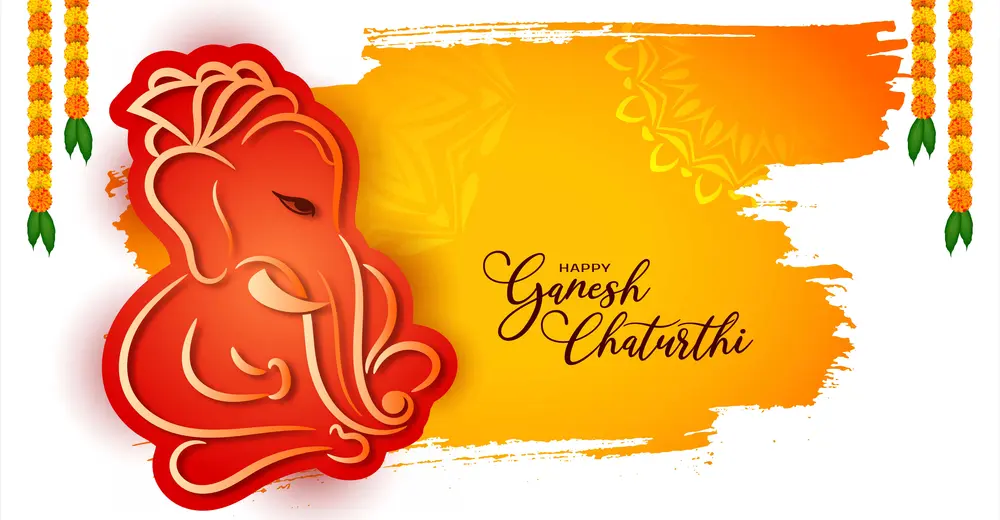Oops! Something went wrong…
Looks like our system is taking a short break or something unexpected just happened. Don’t worry — our team has already been notified and we’re working to fix it.
“Even the best news needs a short coffee break ☕ — we’ll be back soon!”


